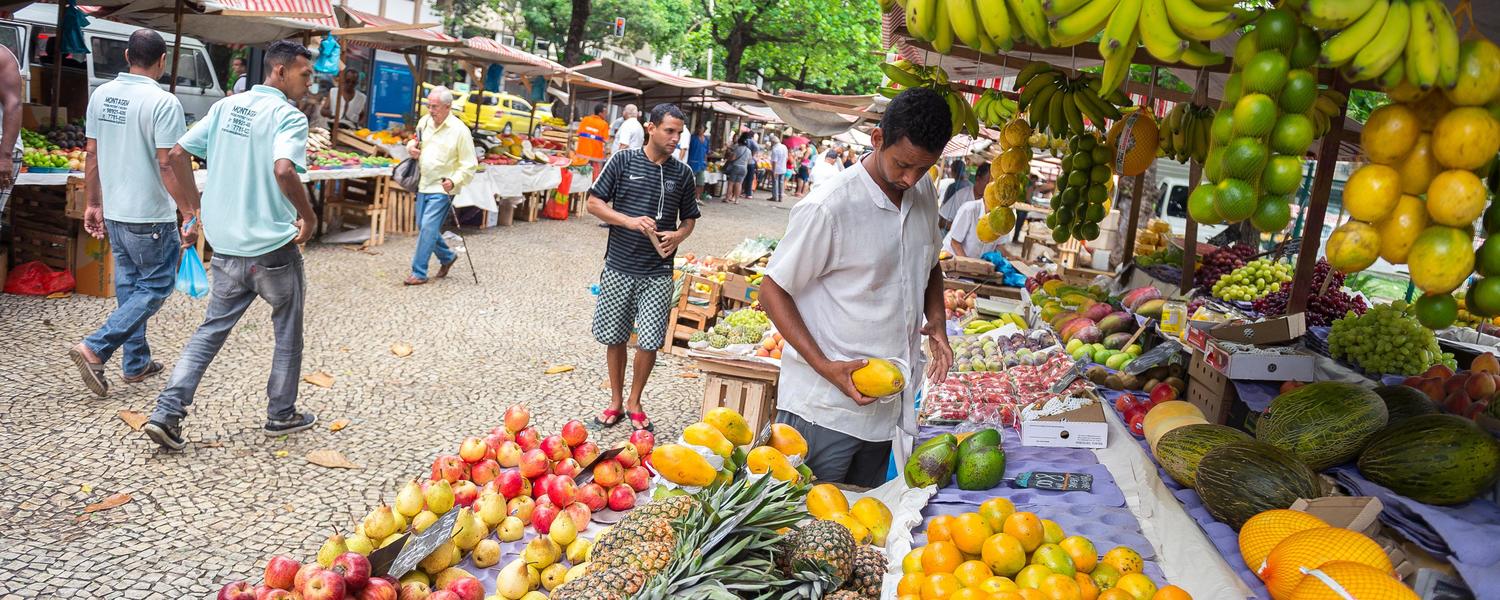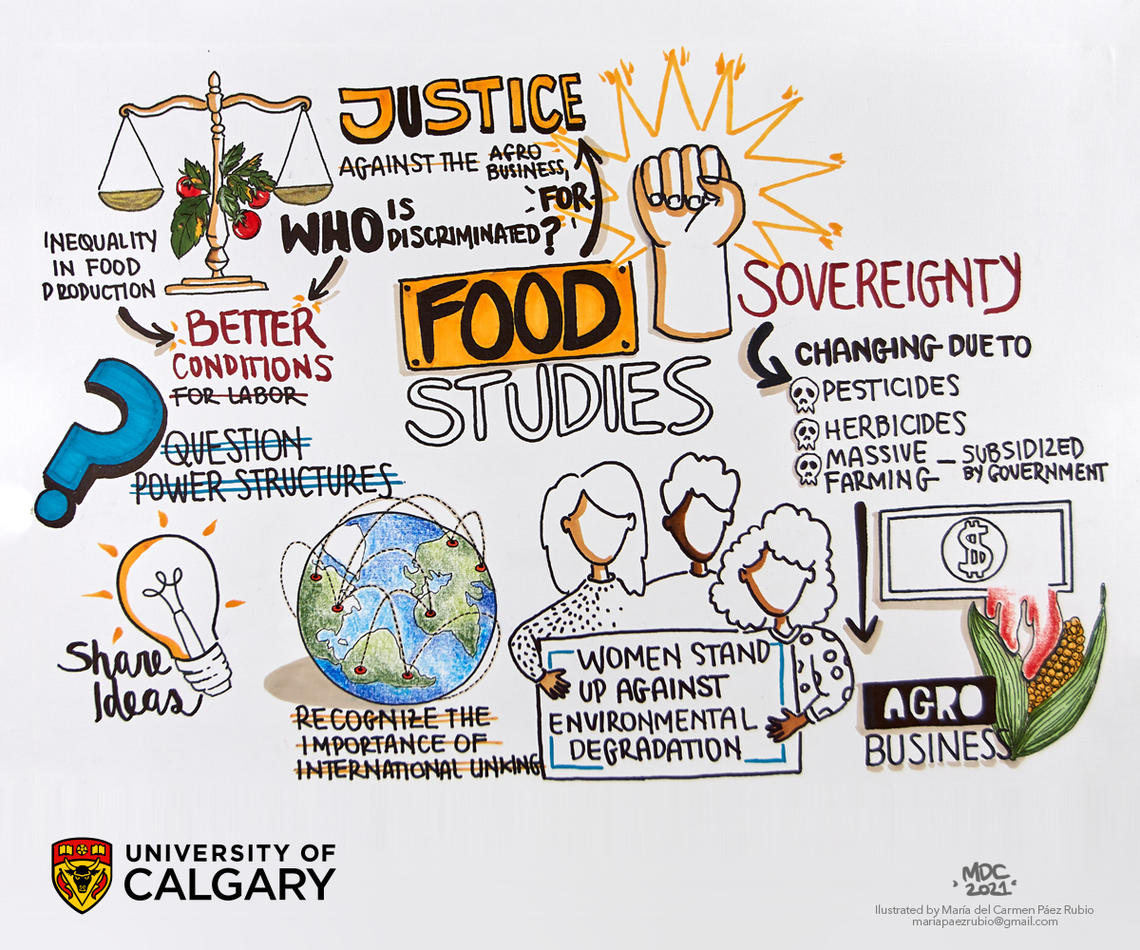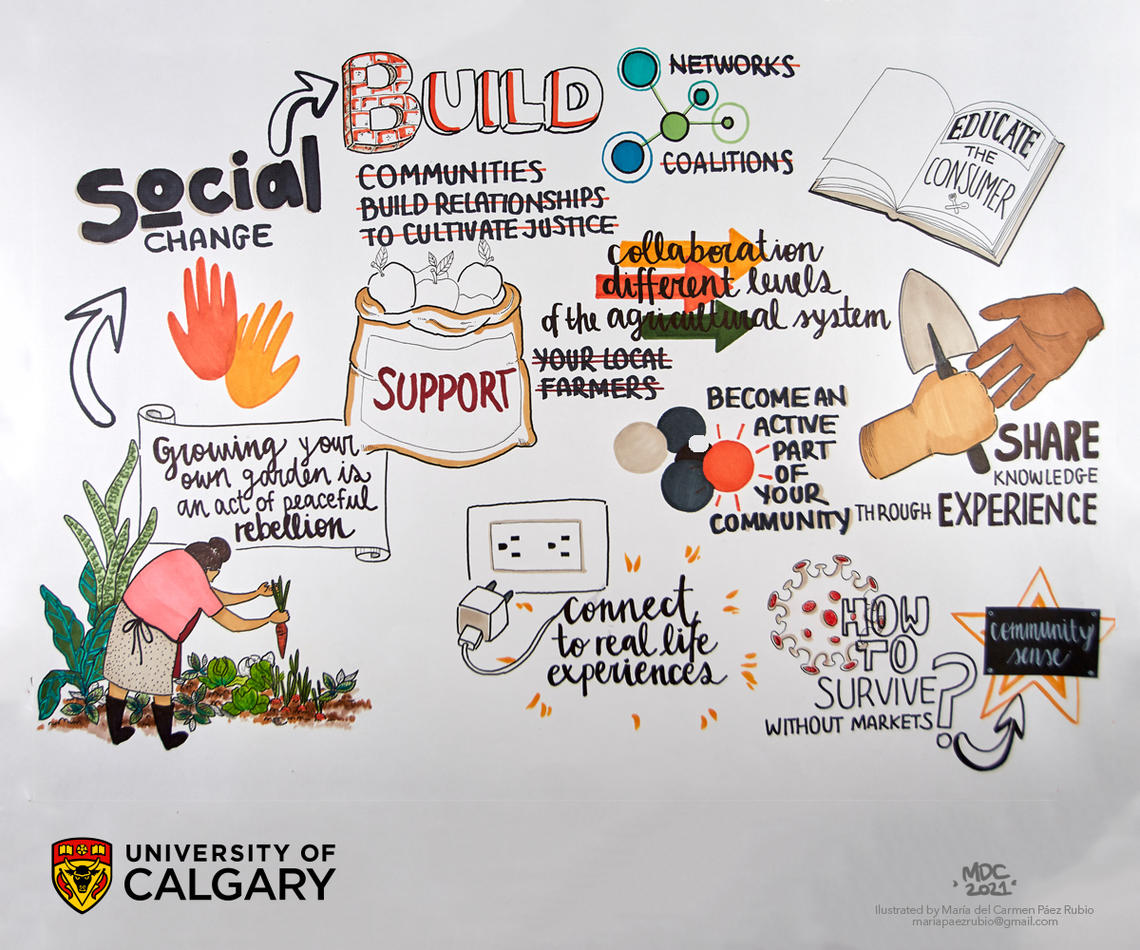
About Us
Who are we?
We all need to eat. Yet, food is much more than a source of energy. It is strongly interconnected with social organization, history, culture, politics, and is time and place specific. What we eat, if we eat, when we eat, where we eat, how and with whom we prepare and share our meals reflect those relations. Nonetheless, we are often oblivious to where our food and our food habits come from, how they are produced and by whom, as well as the production, processing, and distribution networks they depend on. Most of us also think little about the socio-economic, political, and environmental implications of all of this.
At the same time, many academic, governmental, civic, and economic stakeholders stress the necessity and urgency to change the dominant agri-food regime in response to environmental, health, justice, and ethical concerns. Food has also emerged as a mobilizing frame for social justice movements (i.e., food justice) and within human rights frameworks (i.e., the right to food), as well as for broader movements around the political economy of food (i.e., food sovereignty). Food is thus embedded in complex social, cultural, economic, and political relations.
This calls for a closer inspection of our current ways of producing, processing, distributing, and consuming food and how this relates to overarching issues such as global economic integration, immigration, language and culture, welfare state transformation, the environmental crisis or the crisis of care work. Evidently, this requires an interdisciplinary approach.
This CIH working group, formed in 2019, is a first step towards building and consolidating an interdisciplinary group of food scholars at the University of Calgary. We come from diverse disciplines from across the campus: anthropology, communications, geography, history, planning, public health and more.

This graphic was created live during the 1st Annual Food Studies Symposium on January 15, 2021.
Created by Maria del Carmen Paez Rubio
1
Make visible and highlight existing food research at the University of Calgary
2
Promote critical interdisciplinary scholarship in the broad area of food studies
3
Develop an on-going lecture/events series targeting an audience from across the campus and beyond that will host local, national and international speakers
4
Facilitate ongoing exchange about food related teaching
5
Develop new interdisciplinary research collaborations and grant applications for future research projects concerning the many facets of food

This graphic was created live during the 1st Annual Food Studies Symposium on January 15, 2021.
Created by Maria del Carmen Paez Rubio
Awards and Recognitions
2020-2021 Graduate Representative Council Initiative Award
Awarded to the Food Studies Interdisciplinary Research Group
Awarded for the Food Studies Symposium
